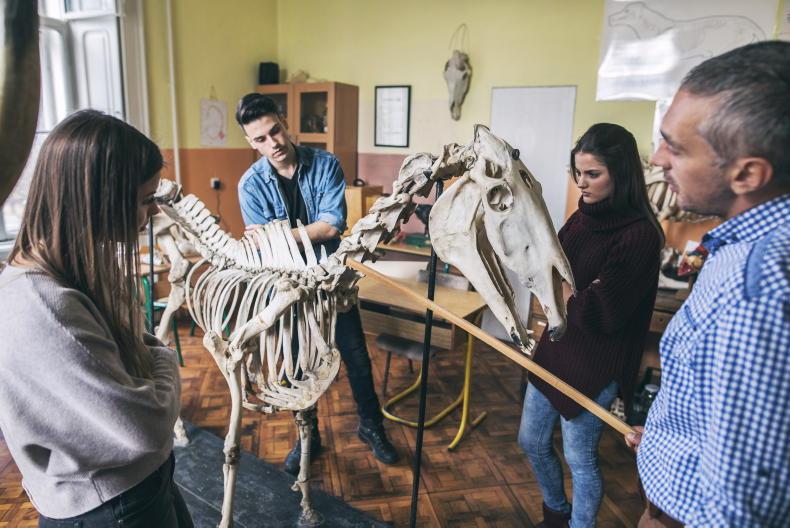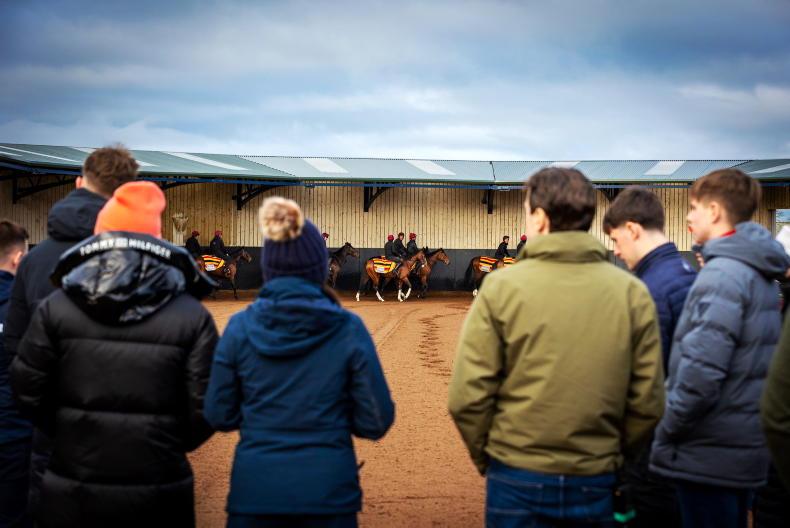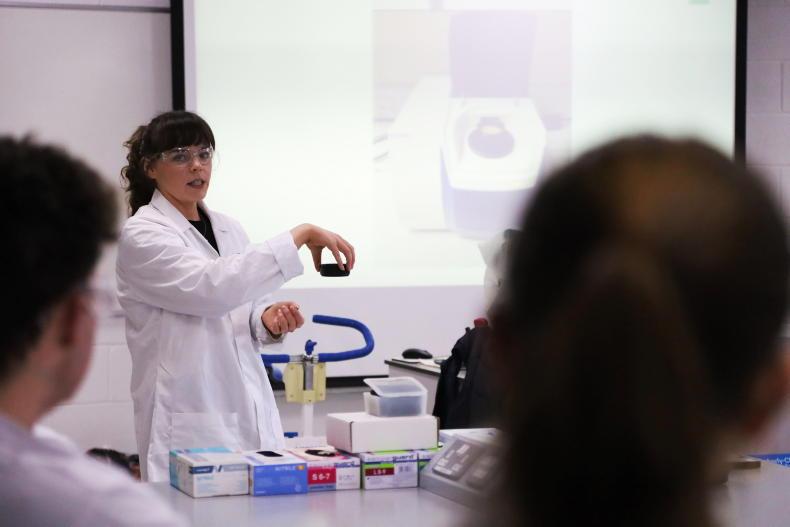I REGULARLY attend equine vets’ meetings, where the hoary old chestnut of the future provision of equine veterinary services is discussed in depth. Commonly, equine practitioners speak of:
In future, we may not have sufficient resources to service the needs of our horses and those who own them – to the obvious detriment of the industries/sports of which we are part, but also the welfare of the horses at their heart.
Undergraduate veterinary
UCD Vet School (of which I am a graduate) has for long been the only provider in Ireland of vets to private practice, with class sizes swelling to well in excess of 100 per year in recent years. Entry to the undergraduate course (based on the Leaving Cert as governed by the Central Applications Office (CAO)) is highly competitive and places are (necessarily) limited. UCD integrates a graduate-entry programme, further welling their numbers. In recent times, a similar if not greater number of young Irish recruits to our veterinary ranks have trained at vet colleges abroad, where different entry systems apply. They mainly study in Eastern Europe and the UK, but often ‘see practice’ with vets here. Not all necessarily or always travel abroad by choice!
But the face of the game is about to change – two technological universities (South East and Atlantic) have been granted permission to set up undergraduate veterinary education courses, with a planned annual intake of 40 students each. These will partner with local Agricultural Colleges (Kildalton and Mountbellew respectively) and, I believe, develop teaching models that differ from that at UCD, which runs an in-house equine hospital for example.
Clinical facilities
The UK has significant experience for us to draw upon – the ‘traditional’ six university courses with in-house clinical facilities were joined in recent decades by multiple ‘new’ colleges that outsource much of the teaching in the final years to private clinical practices. Dispersive models and smaller class sizes might, and I stress might, lead to better ‘Day-One competencies’ – the skills that animal owners seek in a new vet; but this is all to play for.
Each of the new veterinary courses will be watched closely by the Veterinary Council (VCI), who ultimately will decide if the requirements for veterinary registration are met – not only for the Ireland professional register, but also further afield because the VCI has agreements in place with sister regulators overseas. We won’t know the success or otherwise of these new veterinary adventures for five to six years at least; and watch this space with interest!
At meetings, a few salient points are oft’ repeated:
At some meetings, colleagues memorably express the problem as ‘It’s not the work, it’s the workplace!’. We cannot churn out new vets and expect them to remain content and committed, if they are not well-respected, regarded and rewarded. At the risk of offending the readership, much as I have made my career in the equine sector, it is not generally thought to be the easiest for vets to start in or to sustain a good living from. Companion animal practice is the growing veterinary sector.
Horses, being beautiful creatures, are a big draw - many are motivated when young to work with them, vet students included: clients play a big role in determining if they remain long-term. When we train more vets in Ireland, let’s work to recruit them to the equine sector and then retain them, not lament their loss from equine practice when we might have kept them.




 This is a subscriber-only article
This is a subscriber-only article
 It looks like you're browsing in private mode
It looks like you're browsing in private mode









SHARING OPTIONS: